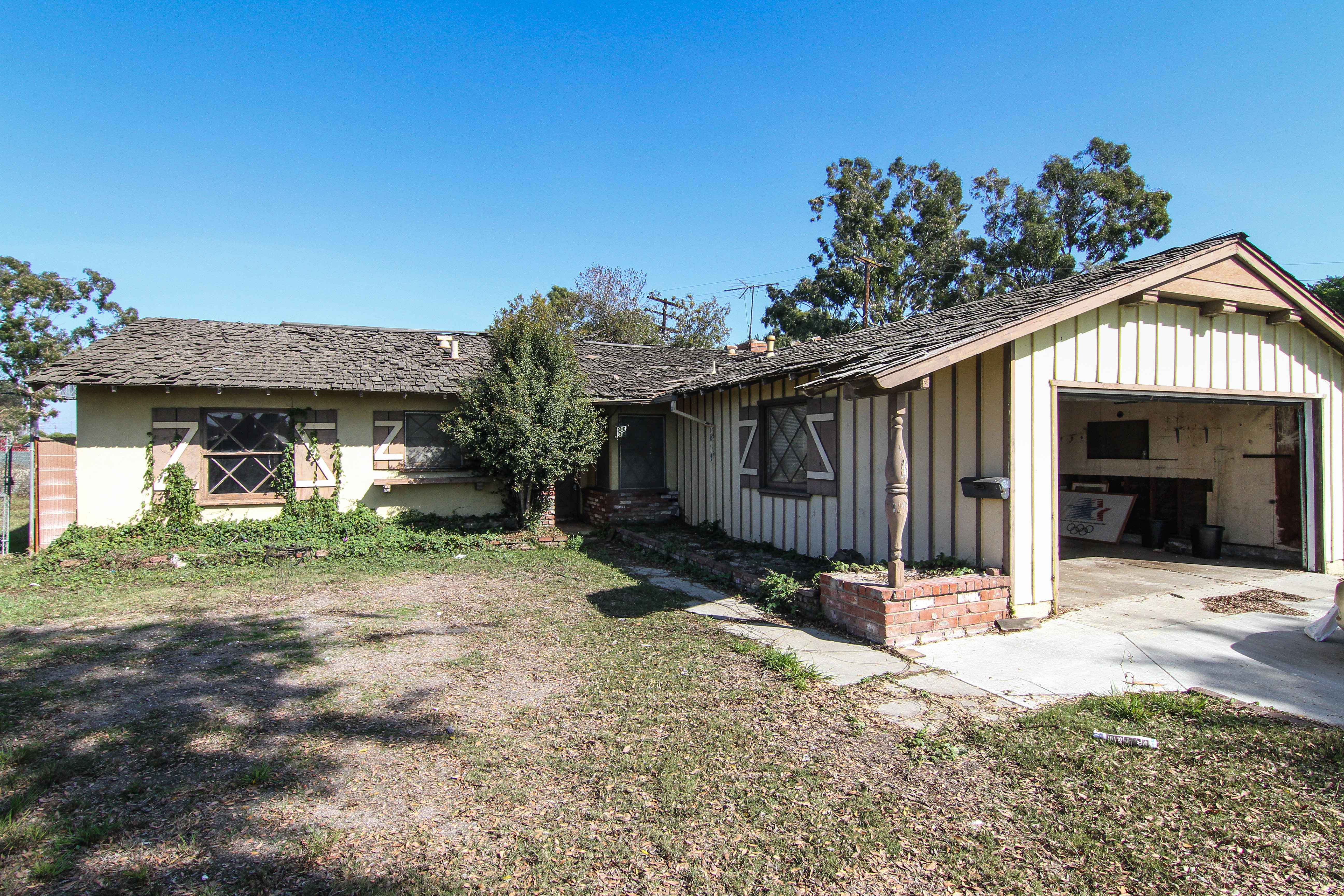I could tell by the sound of the ring. It was just the normal ringtone, but something about it - maybe the fact that it was coming at dinnertime on a Saturday on a long planned vacation with my family.
Upon picking up the phone to check the caller ID it was confirmed - a tenant call. Given the timing of the call it was likely not going to be something good - so I decided to let it go to voicemail and see if he would leave a message.
ringing stopped - but no voicemail…
Ringing again - he just hung up and redialed - I resigned myself to the fact that it would be better to find what’s going on than just continue to ignore it so I answered.
My reward was to discover an active and significant leak from a copper water supply line in the back of the house. Water was squirting out of the wall around a hose bib and without a doubt was also spraying somewhere inside the wall.
After having to walk the tenant through the process of shutting off the main water valve, I now had to look forward to rectifying an urgent repair situation.
These are the kinds of calls and situations that landlords dread. What to do?
Option 1 - Hire a property manager
You will give up some of your rental income to do so, but the trade off may be worth it. Especially if you do not live close to the property or do not have a good list of trusted vendors. Managers often charge anywhere from 6-10% of the rents collected, and usually have additional fees for finding new tenants, renewing leases and coordinating repairs. They also usually have a discretionary fund or repair amount, maybe $200-$500 depending on the property, where any repair that falls within or below that price range they can just perform on their own with no approval needed from the landlord.
Option 2 - Resolve the issue yourself
This is the option most mom and pop style landlords follow - for those that self manage this is just part of the job. If you only have one or two rental properties you may not get much benefit from economy of scale or get well established relationships with vendors that do recurring repairs. While it is best to try and establish such relationships when possible, sometimes the only way to deal with it is to search out some vendors online and start calling. You may pay more of a retail price but that is also just the cost of being in the business of landlording.
Option 3 - Sell the house
For those landlords that have really had it and can’t stand the thought or stress of more problems and calls, this will be a viable solution. But how do you go about doing this? The traditional way might involve hiring a realtor to list your house on the local multiple listing service. This is typically the best option for most sellers. But there can be a lot of work involved in getting the property in sales shape for an end buyer - making the needed repairs and getting the house looking pretty so it’s ready to show. Selling a house with tenants in place is generally not as easy, so giving notice to the tenants and getting them to move out of the property before selling it may be another obstacle.
But there is another option - selling your house to an investor can help you to avoid many of these traditional hassles. These kind of buyers will purchase properties as-is, even with tenants still occupying the property, and you can get rid of the unwanted property and go about the rest of your life without that added stress.
Rental properties can be great investments, but when it’s time to sell them remember there is more than one option for doing so. It’s always best to look at all your options before making a final decision.


Comments(0)